
Believing
Meaning here’s what you say when someone doesn’t believe you’re autistic.
“Of course you don’t believe me. It’s a hidden disability. Why should you believe me, when you’re not the one living it? How about we return to this conversation when you’re ready to believe me? Without your belief, this conversation has nowhere to go. It’s not my job to prove I’m autistic to you.”

Communicating
Meaning when NTs engage in social communication, it’s often not so much about the topic, as the social exchange.
Whereas for me, and many autistics, it’s about the topic, my connection with the topic, and about using the topic to make a connection with whom I’m talking to.

Differentiating
Meaning Autism Awareness month was founded by NT-led autism charities, while Autistic Pride was founded by the autistic community.
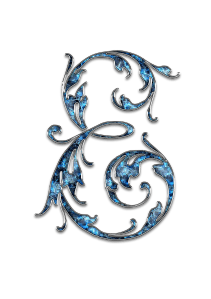
Euphemising
Meaning when parents use euphemisms for autistic – like ‘on the spectrum’ – to describe their autistic child, then they’re sending the child the message there’s something wrong with being autistic, otherwise why aren’t they saying the word?
There’s nothing wrong with being autistic – it’s a lovely word.
Say the word!

Feeling
Meaning for me, being autistic is feeling like a stranger in a strange land.

Growing up
Meaning if you want your autistic child to grow up with a sense of emotional well-being, self-acceptance, confidence and pride, then encourage their natural autistic expression.

Hiding
Meaning my response to “You don’t look autistic” is, “Of course I don’t. It’s a hidden disability.”
This leaves the person making that fatuous comment, with nowhere to go. It’s a one liner. It’s not rude.
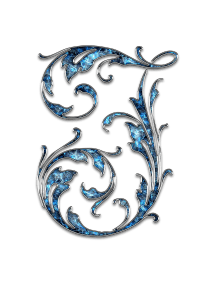
Improvising
Meaning I have no routine longer than five minutes. I have lots of five minute routines and between routines, I improvise.

Jungian-ing
Meaning when someone tells me I spend too much time in my inner world and am engaging in ‘maladaptive day dreaming’, I ignore them.
Maladaptive daydreaming isn’t a thing. We autistic dreamers engage in ‘active imagination’, as described by Carl Jung.
Those of us who do this habitually, use imagination as a lens through to see the world and make sense of the world, almost as if imagination is our depth (or special) interest.
It’s all good. Don’t let anyone tell you otherwise.

Knowing
Meaning I went from not knowing I was autistic – the ‘in denial, very badly masked’ position – to knowing I was autistic.
Transiting from not knowing to knowing was a shock – a nice shock, but still shock.
I learned that things I always thought I could do, I couldn’t actually do.
I’d been in denial I couldn’t do them, and had somehow been pushing through, no matter what.
Learning I was autistic meant I couldn’t push through in the same way.
Instead, I had to face my limitations.

Losing words
Meaning when I’m not able to speak, it’s not because I choose not to, but because I’m unable to.
This is why the autistic community calls this experience where some of us sometimes lose our words and capacity to speak, “situational mutism” rather than “selective mutism”. –
Losing my capacity to speak isn’t about choice.

Melting
Meaning what seems to be a common factor in autistic meltdowns is the huge amount of distress felt by the person melting down.

Not knowing
Meaning those with no lived experience of being autistic who’ve only witnessed it in others, do not know enough about the autistic neurotype, to hold forth about the subject as if experts.
Witnessing does not equal knowledge.
Lived experience equals knowledge.
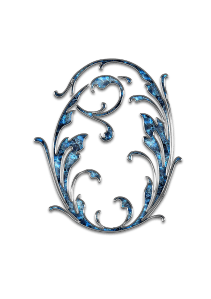
Overloading
Meaning being autistic can leave me easily overloaded.
The double whammy of emotional and sensory overload can push me close to meltdown.
When close to meltdown, it helps me to excuse myself from company, wander off, and do what I need to do to regulate.
Yesterday, for instance, I was outside, having a meal with friends, when the emotional/sensory overload got too much.
Between the main course and pudding, I excused myself and went for a walk.
Walking helped. Needing deep pressure, I placed my hands against an outside wall, pressing my head into my hands, to regulate.
Returning to my friends, I waited for pudding while standing by my seat, gently swaying.
By the time pudding arrived, I was better regulated, eating pudding at my seat.
My ND friends know I’m autistic, but I did not use the word ‘autistic’ to explain my behaviour. Instead, I said I get overloaded easily and do what I need to do, to regulate.
They understood. By being open about my needs and meeting them, I avoided a meltdown.
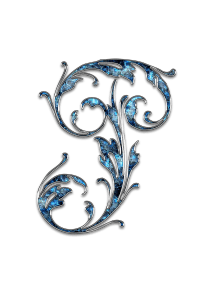
Pressure seeking
Meaning many autistics are pressure seeking – it’s what we do to regulate.
Thus, I buy things I can push my head into.
For instance, my partner holds a leather cushion to his chest and I push my head into it.
Leather is lovely to push!

Respecting
Meaning either NTs respect me or they don’t. If they don’t respect me, I move on.
My autistic expression – regardless of whether it’s recognised as such – is very obvious. While I’ve mastered talking, and can talk very happily, I haven’t mastered talking in the accepted, social NT way.
Those NTs who are not signed up to autistic talking, can treat me like an alien who’s just stepped out of my flying saucer.
I don’t experience this as wholly respectful!
Never mind about my succeeding in getting them to respect me, what are they doing in getting me to respect them?
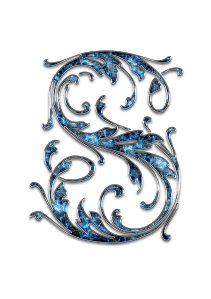
Speaking
Meaning speaking isn’t normal, just common.
What matters, is that the nonspeaking autistic child is given the means they need to communicate.

Taking pride
Meaning in the same way that LGBT+ Pride is the day the LGBT+ community takes pride in itself, so Autistic Pride is the day we take pride in ourselves.

Wording
Meaning identity first = identity before person = autistic person or short person or British person or married person.
Person first = person before identity = person with autism or person with shortness or person with Britishness or person with marriage.
Person First Language (PFL) is a joke!

Appropriating
Meaning an “autism mom” appropriates their child’s autistic identity as a badge of honour, going on to parade what a hero/martyr they are for having an autistic child.

Thank you
LikeLike